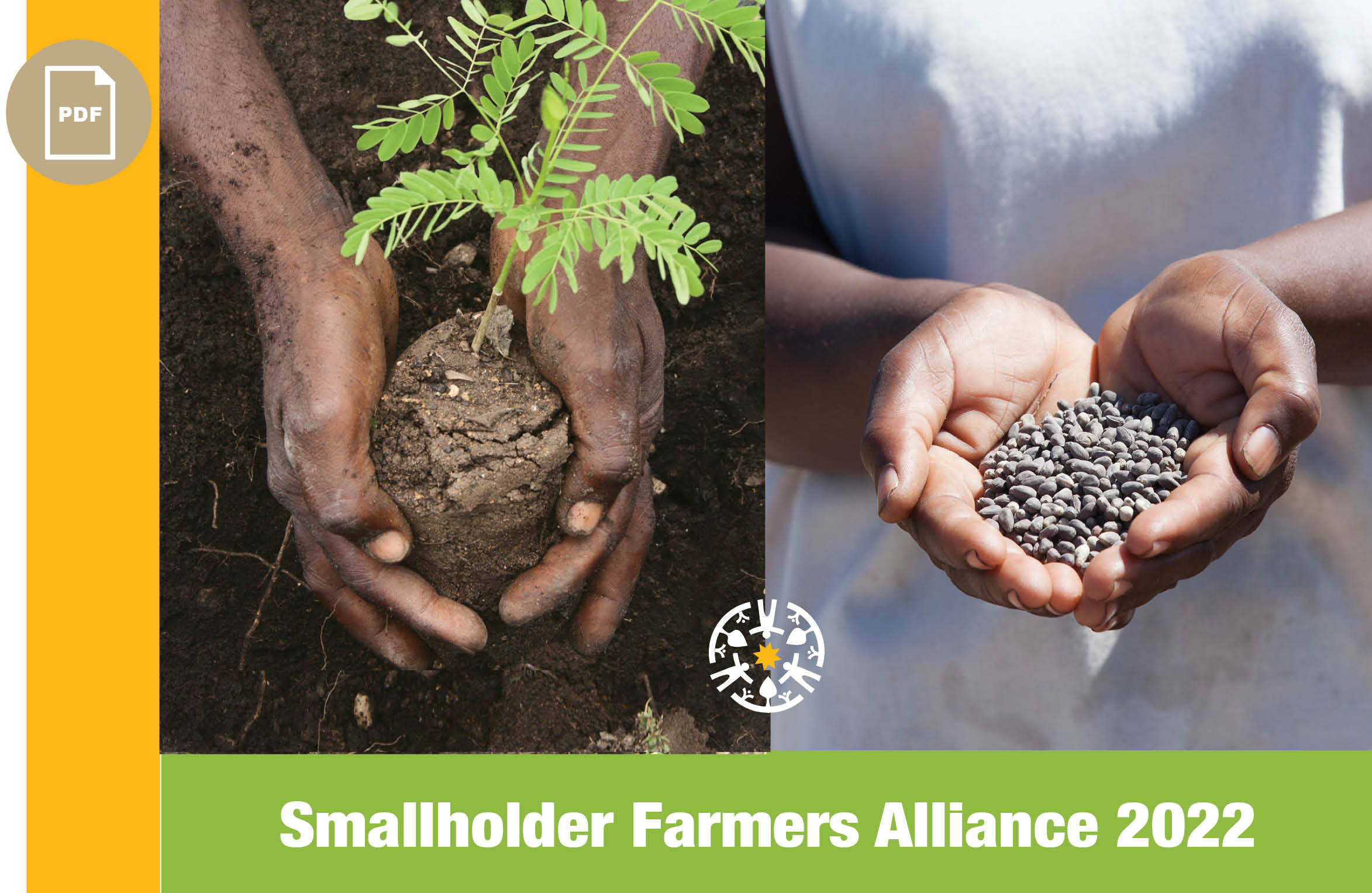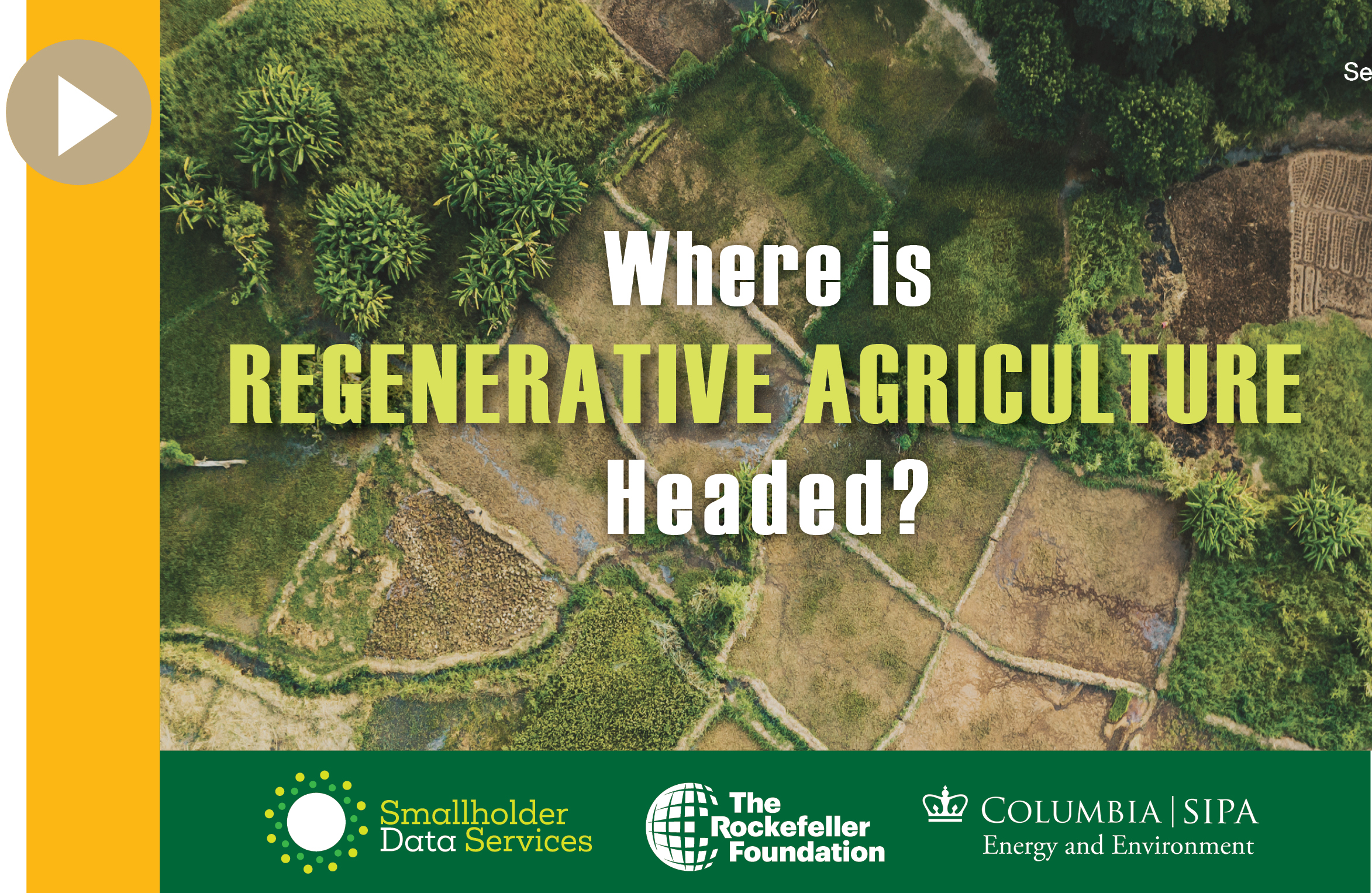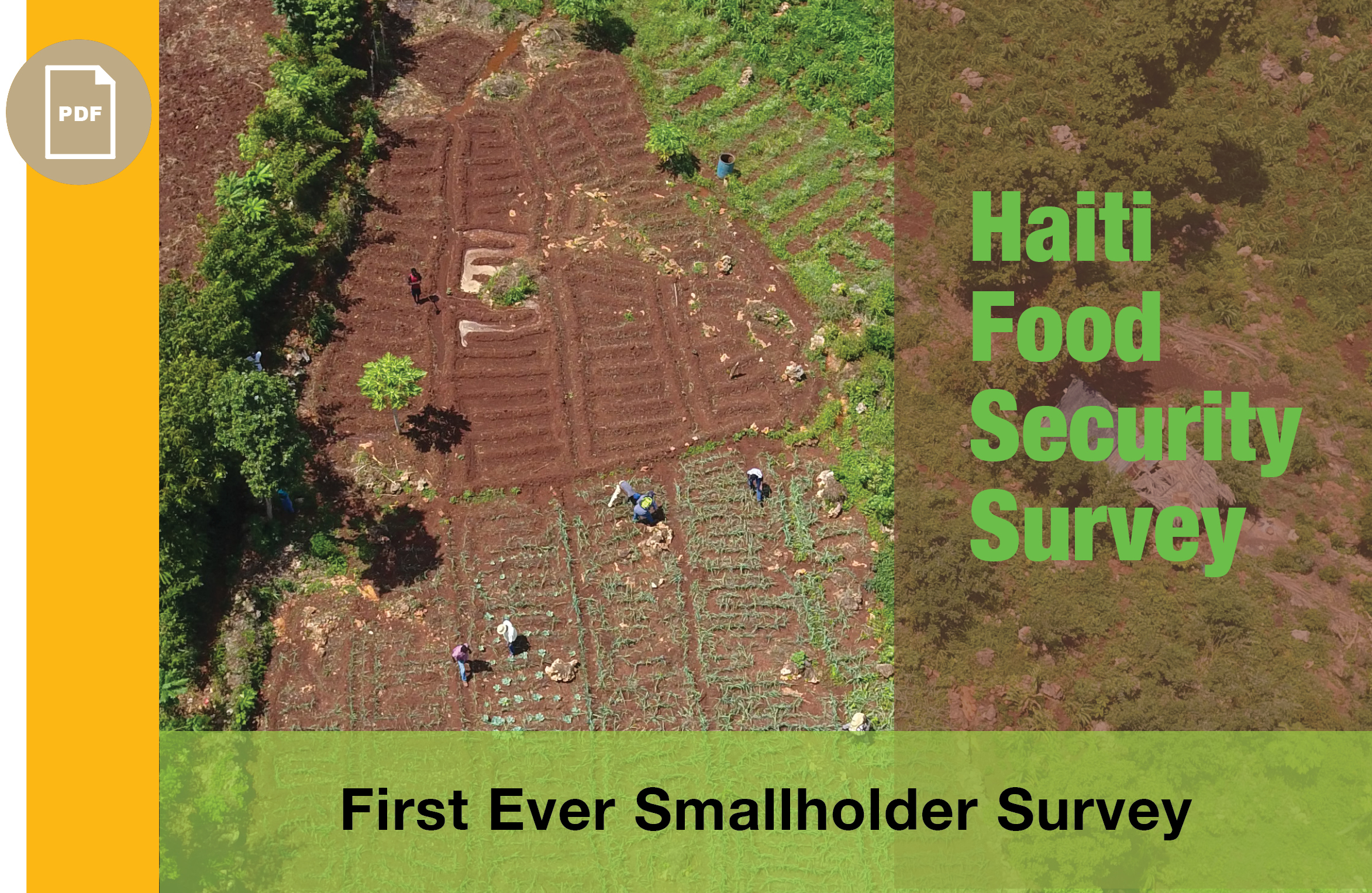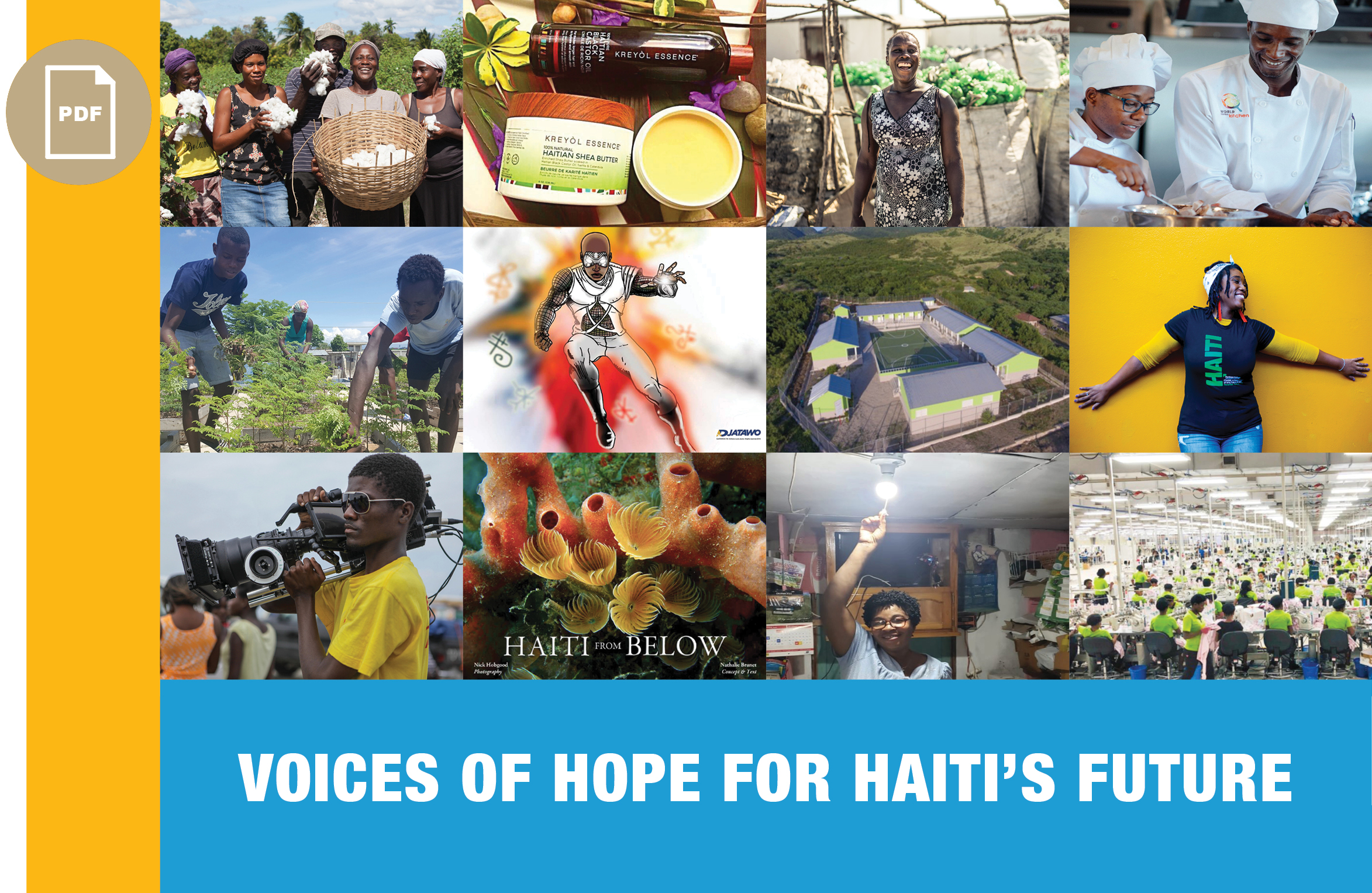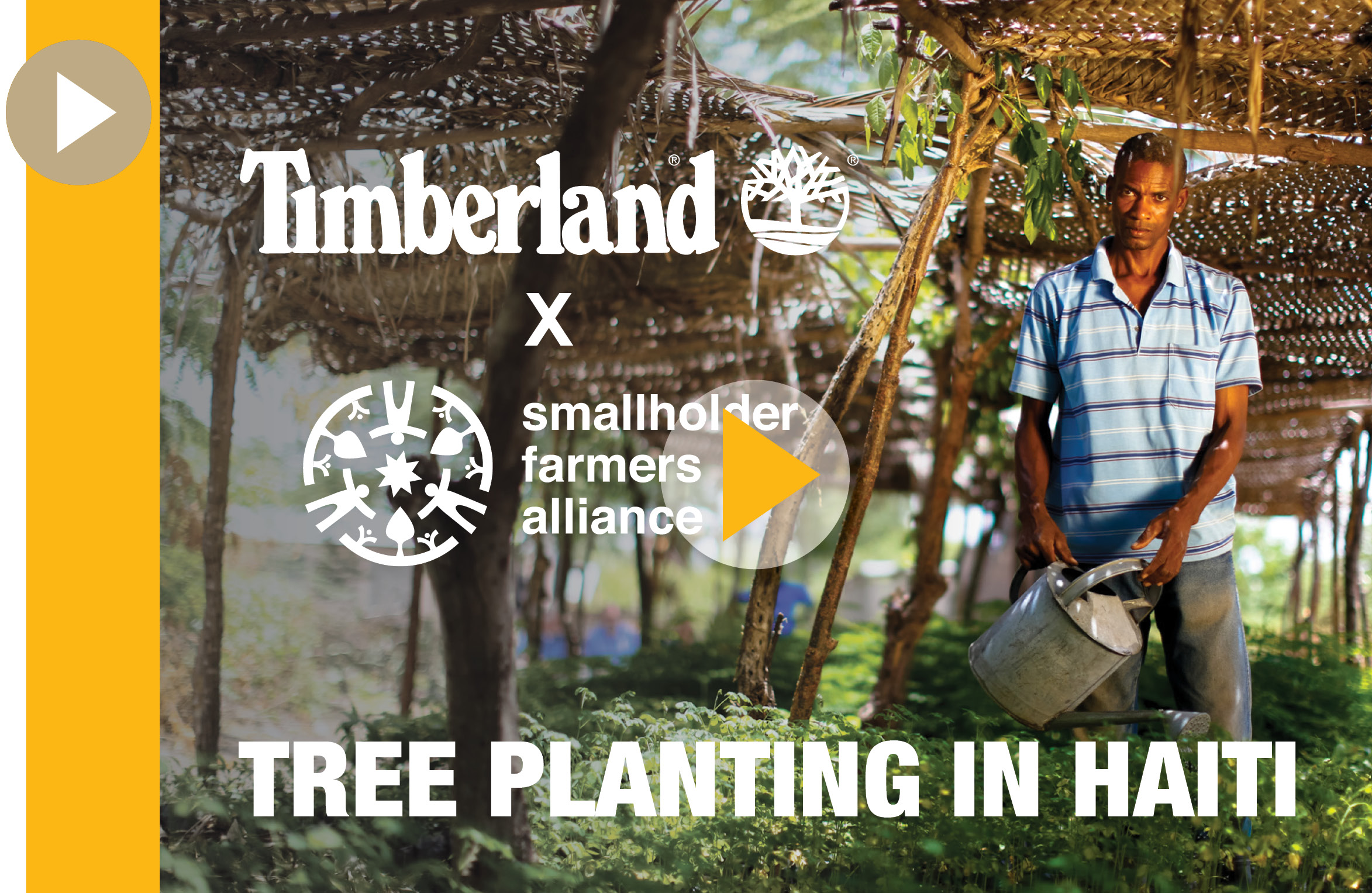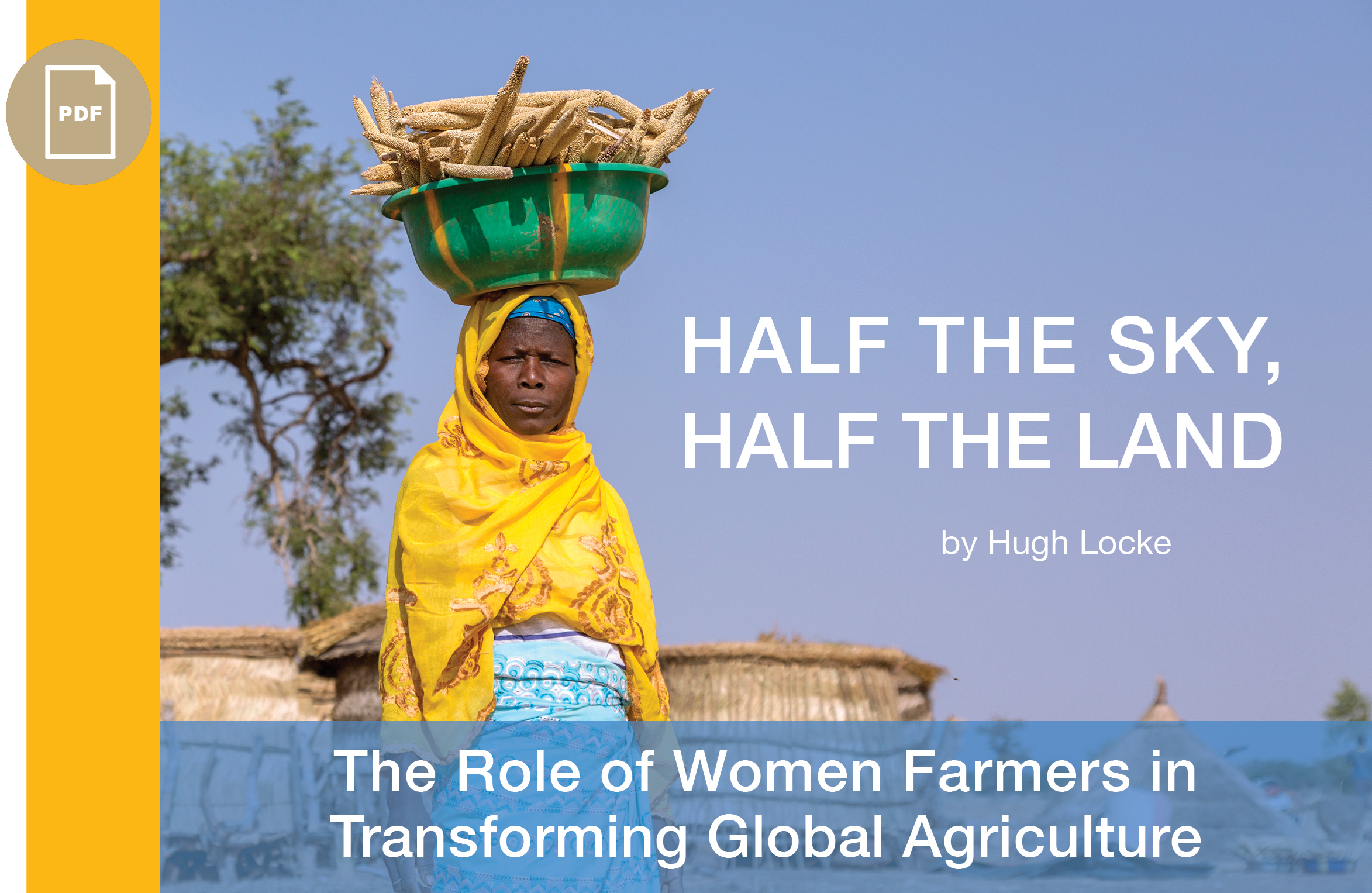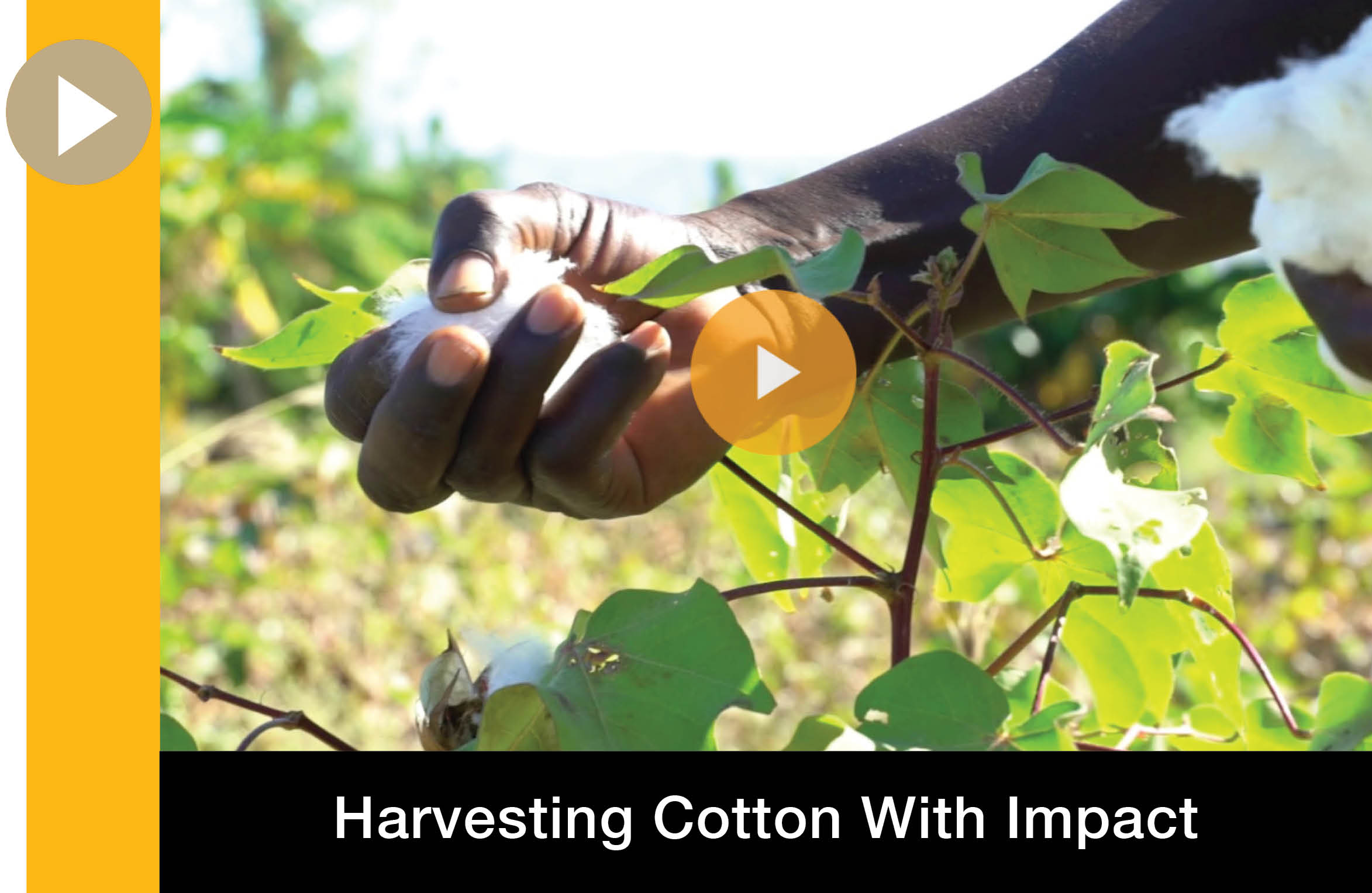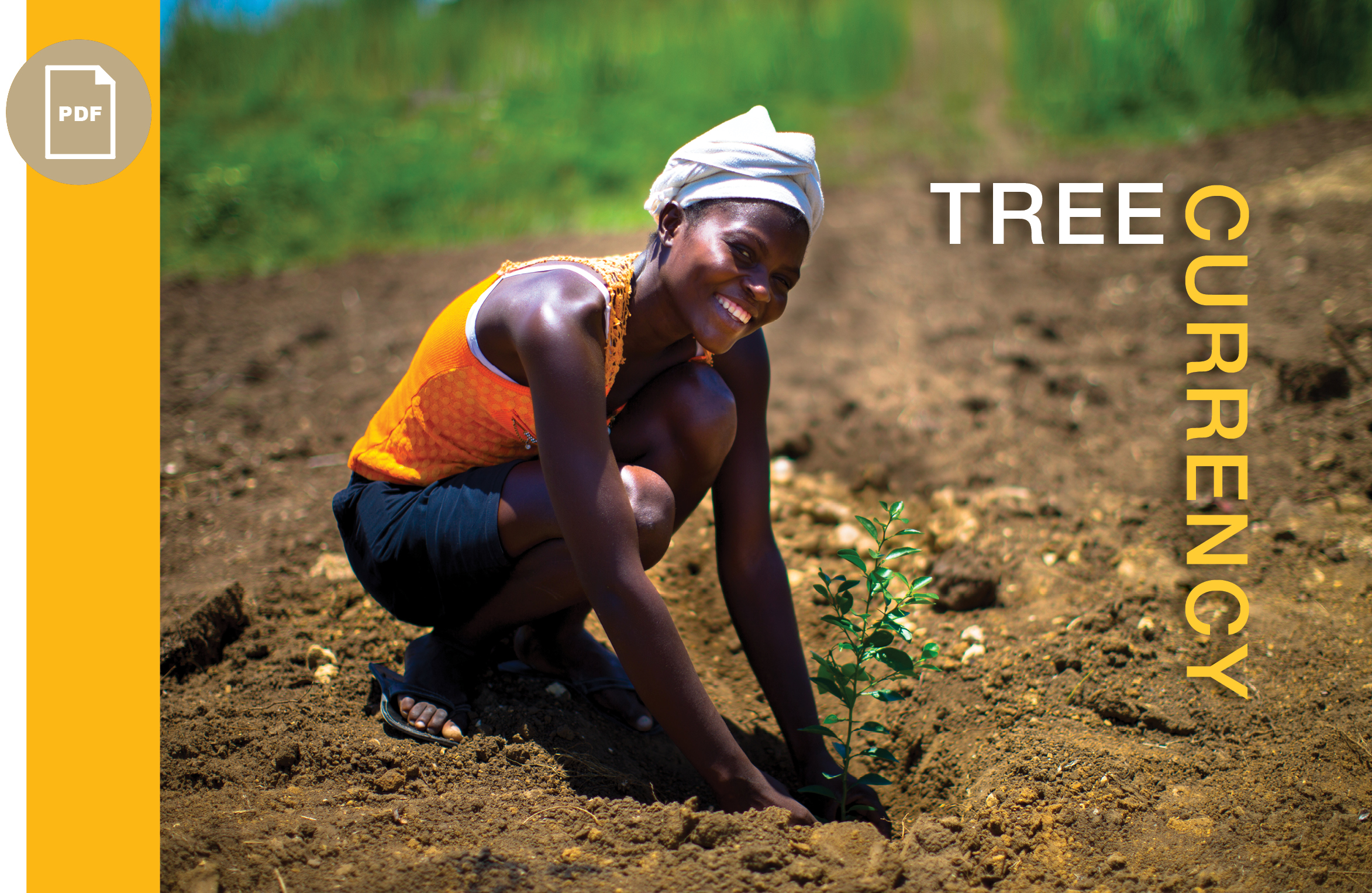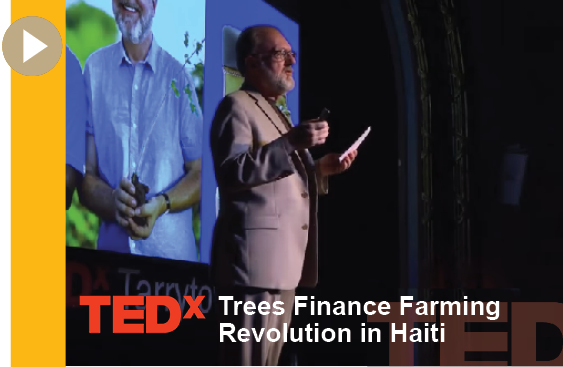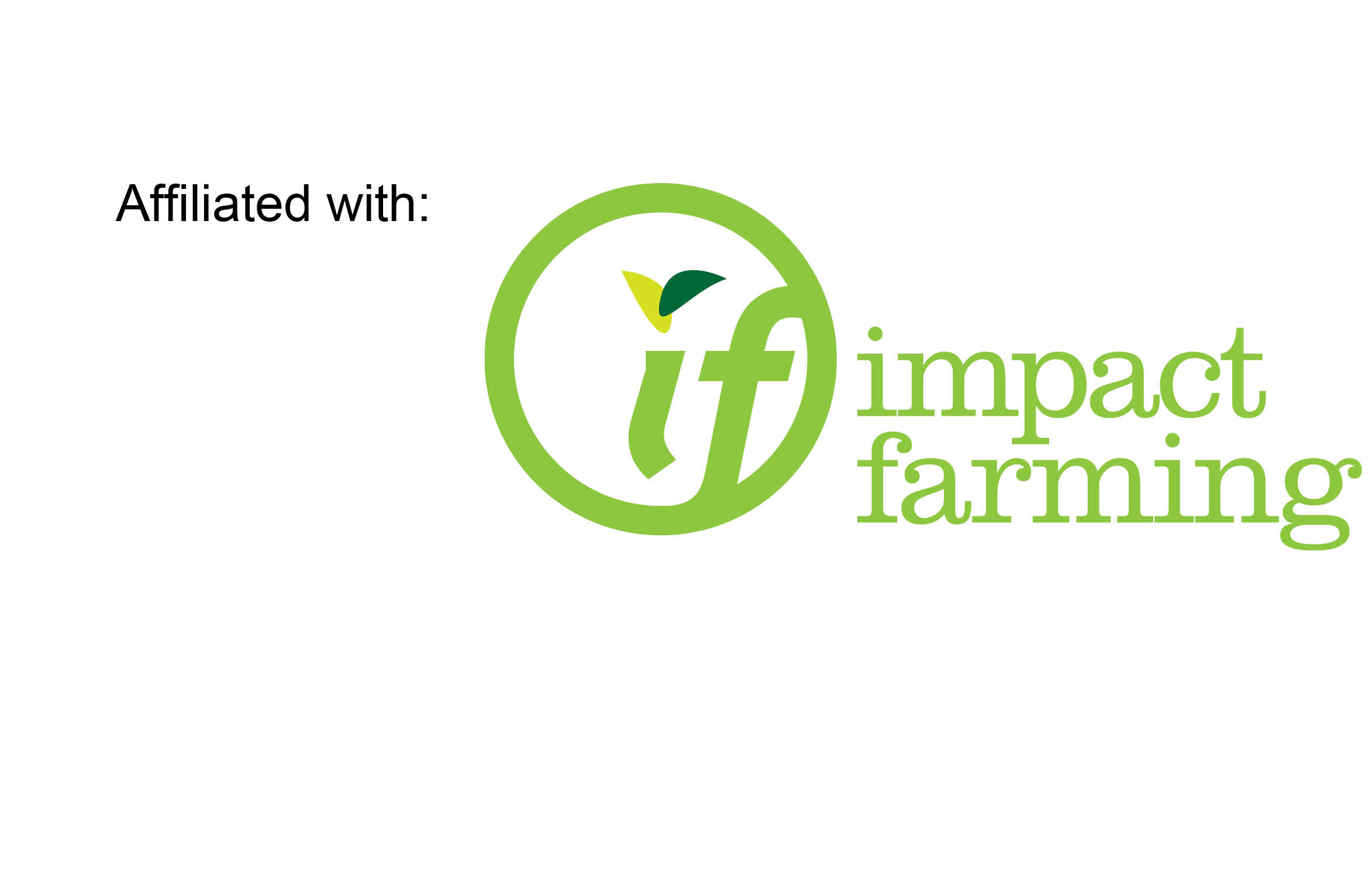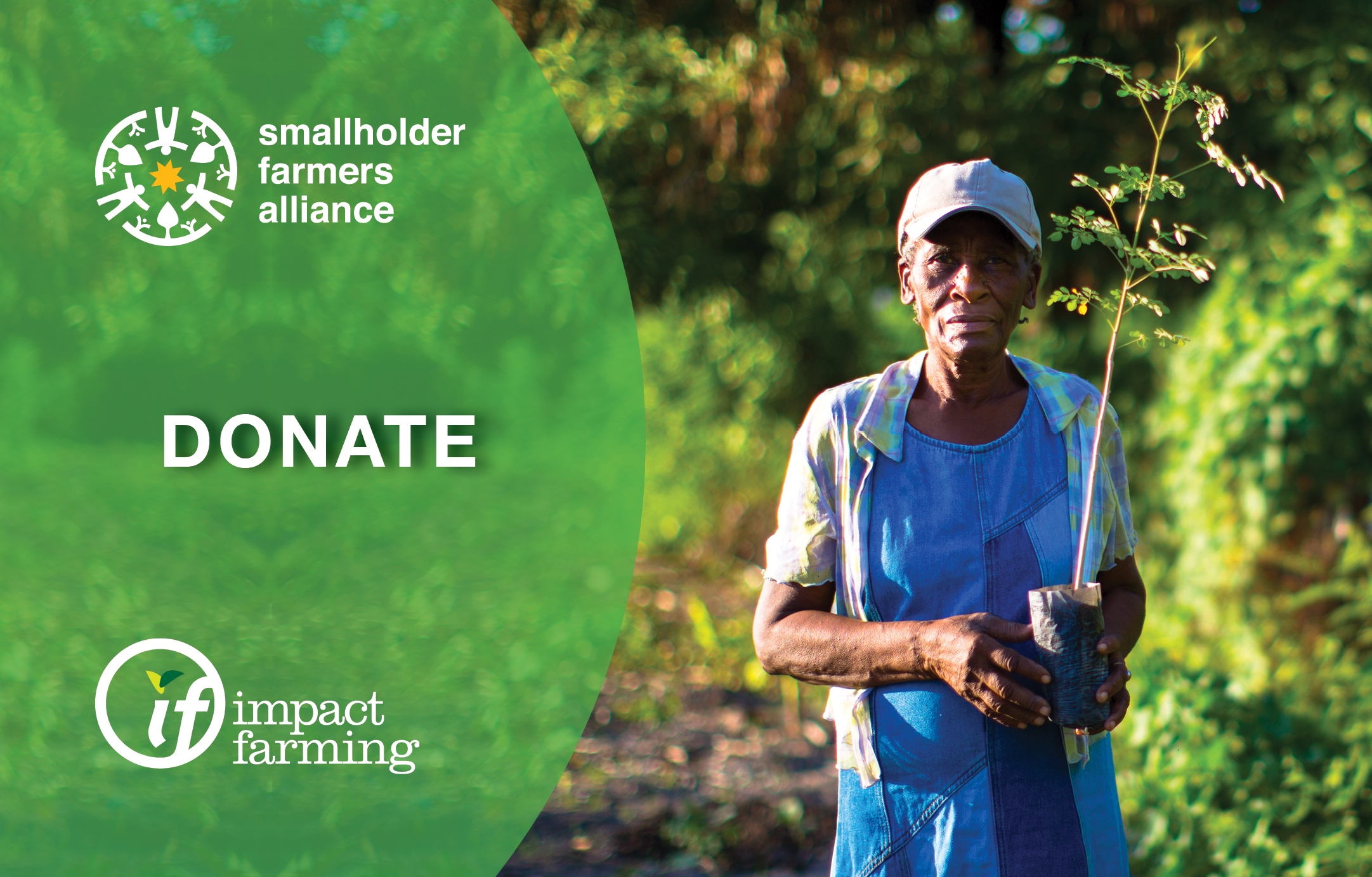 Wednesday, July 8, 2015 |
Wednesday, July 8, 2015 |  Repost
Repost Small farmers can be major actors in reducing agriculture's carbon footprint - UN agency
 Farmers growing lettuce and other vegetables in the highlands of Bevatu Settlement, Nadrau,
Farmers growing lettuce and other vegetables in the highlands of Bevatu Settlement, Nadrau,
Viti Levu, Fiji. Photo: IFAD/Susan Beccio
REPRINT > from UN News Centre / July 8, 2015
Helping farmers adapt to the impacts of climate change can also significantly reduce greenhouse gas emissions, finds a new study released today by one of the agricultural agencies of the United Nations system.
“What this report shows is that smallholder farmers are a key part of the solution to the climate change challenge,” said Michel Mordasini, Vice President of International Fund for Agricultural Development (IFAD). “With the right investments, smallholders can feed a growing planet while at the same time restoring degraded ecosystems and reducing agriculture's carbon footprint.”

